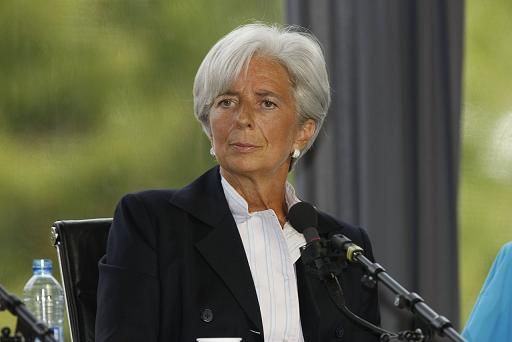IMF calls for new efficient energy taxes
The International Monetary Fund's Managing Director, Christine Lagarde, has called for taxes on energy to be increased to reflect the harmful environmental impact of fossil fuels

The International Monetary Fund (IMF) has called for taxes on energy to be increased to reflect the harmful environmental impact of fossil fuels, in a new book released on Thursday.
The IMF laid out exactly its suggested tax levels on coal, natural gas, gasoline and diesel for 156 countries and factors in the fuels’ overall costs, which include carbon dioxide emissions, air pollution, congestion and traffic accidents.
Christine Lagarde, Managing Director of the IMF, argued that the organisations core mission of economic stability is impossible to undertake successfully without addressing the effects of climate change.
Lagarde attended the launch of the new publication this week in Washington and said countries should not wait for a global agreement on climate policies, but instead should move ahead in adjusting energy prices and implementing relevant taxes independently.
A legally binding United Nations deal is scheduled to be agreed in 2015 to reduce greenhouse gas (GHG) emissions but progress has been slow as nations have concerns about the impact any measures could have on economic growth.
Lagarde said “We are generally talking about smarter taxes rather than higher taxes…but we need to go well beyond the elimination of direct cash subsidies, and make sure that energy tax systems around the world properly reflect environmental side effects,”
Lagarde outlined how higher energy taxes are the most efficient mechanism in limiting climate change impacts and would allow governments to stop relying on a “patchwork” of uncoordinated policies.
The IMF’s vision highlights how energy prices would prompt people to shift to cleaner fuels or more fuel-efficient vehicles and could allow governments to lower other taxes on consumption or income to reduce the economic burden.
The IMF estimates that implementing the suggested energy taxes would reduce GHG emissions related deaths by 63 per cent, reduce carbon emissions by 23 per cent, and increase revenues by 2.6 per cent of GDP worldwide.






_400_250_80_s_c1.jpg)